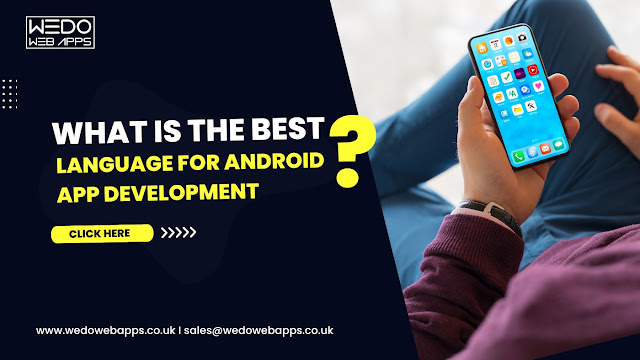When venturing into the realm of Android app development, one of the most pressing questions is, “What is the best language for Android app development?” The choice of programming language plays a pivotal role in determining the efficiency, performance, and usability of the app. This guide provides a comprehensive overview of the best languages available, optimised with SEO in mind, to make your foray into Android development a successful one.
1. Introduction: The Importance of Choosing the Right Language
Before delving into the specifics, it’s imperative to understand why the selection of an appropriate programming language is crucial:
1.1. Performance
The language you choose can influence the speed and responsiveness of your app. An optimised language can lead to smooth animations and quick response times.
1.2. Maintenance
Some languages have extensive libraries and community support, making it easier to update and maintain the app in the long run.
1.3. Flexibility
Different languages offer varied levels of flexibility. This can affect the app’s features, integrations, and scalability.
2. Popular Languages for Android App Development
Let’s dive into the best languages for Android development and understand their pros and cons:
2.1. Java
Pros: Java is Android’s official language, and most of the Android operating system is written in it. It offers vast libraries and has been a stable choice for developers worldwide. Cons: Java might be a bit verbose and can lead to longer development times compared to modern languages.
2.2. Kotlin
Pros: Google announced Kotlin as the official language for Android development in 2019. Kotlin is more concise than Java, offers better safety features, and ensures interoperability with Java. Cons: While the learning curve for Java developers is minimal, those unfamiliar with Java might find some Kotlin concepts a tad challenging.
2.3. C++
Pros: With the Android Native Development Kit (NDK), developers can use C++ to write parts of their apps. This can be beneficial for performance-intensive apps. Cons: It might be more complex to set up and is generally not recommended for complete app development due to its complexities.
Read more:- Language For Android App Development

Comments
Post a Comment